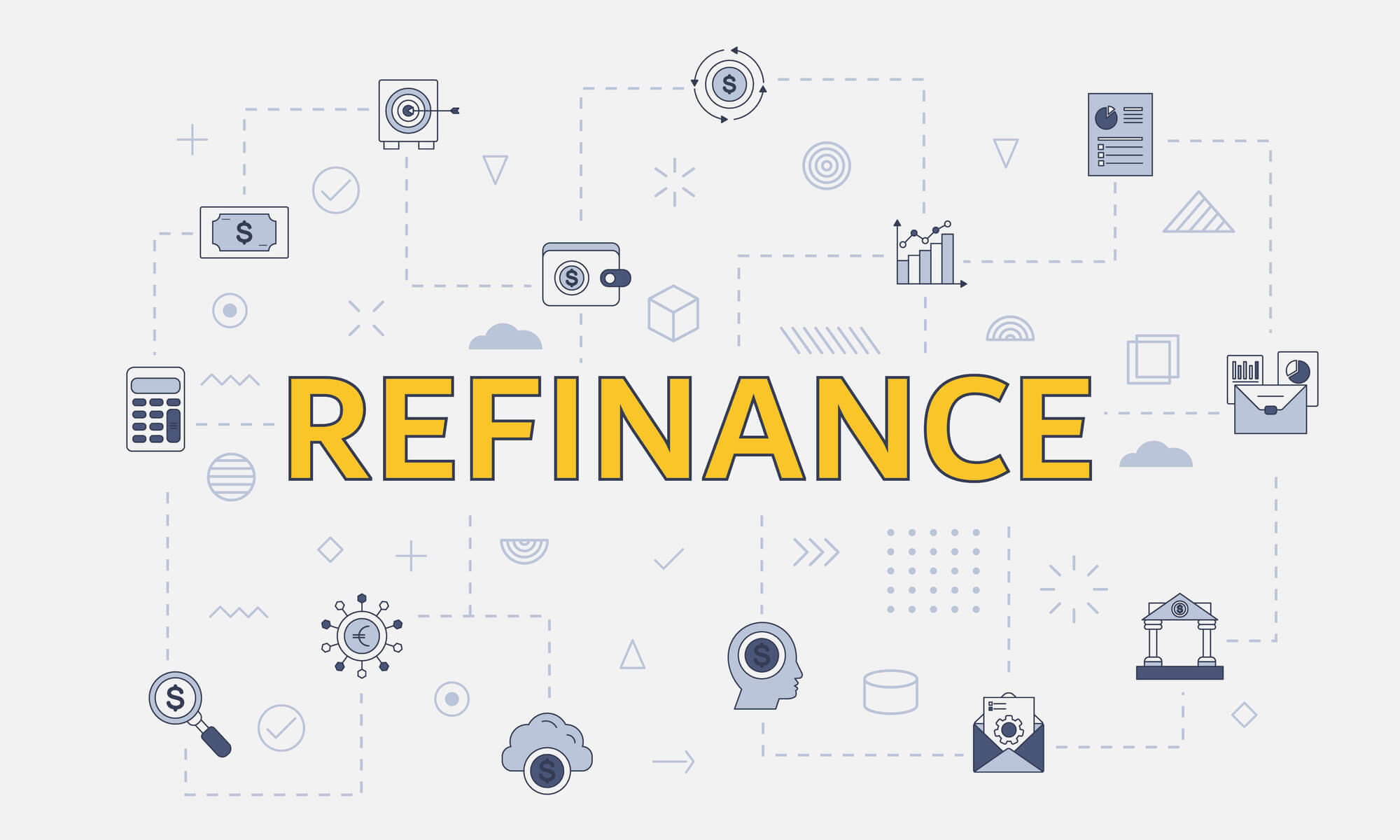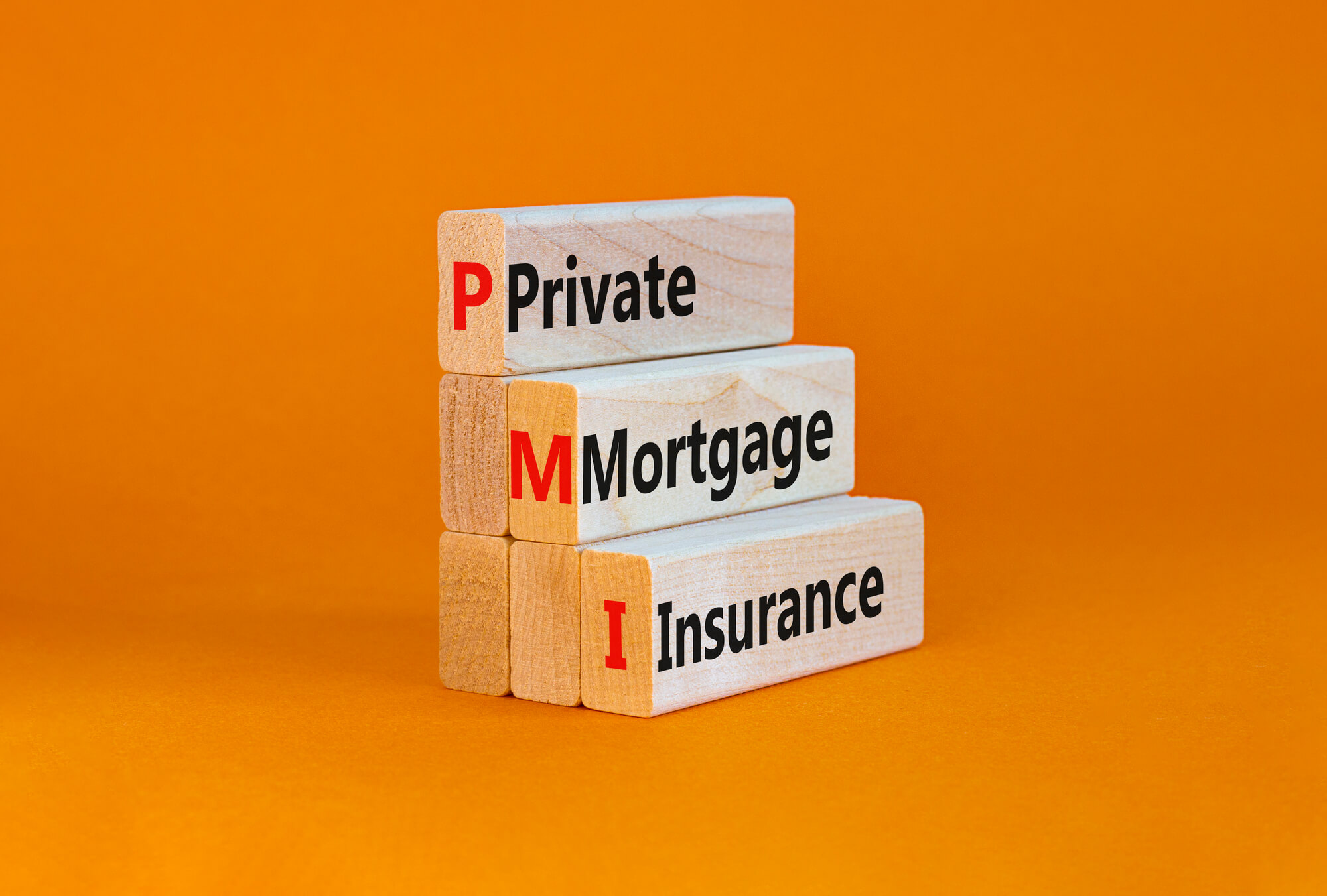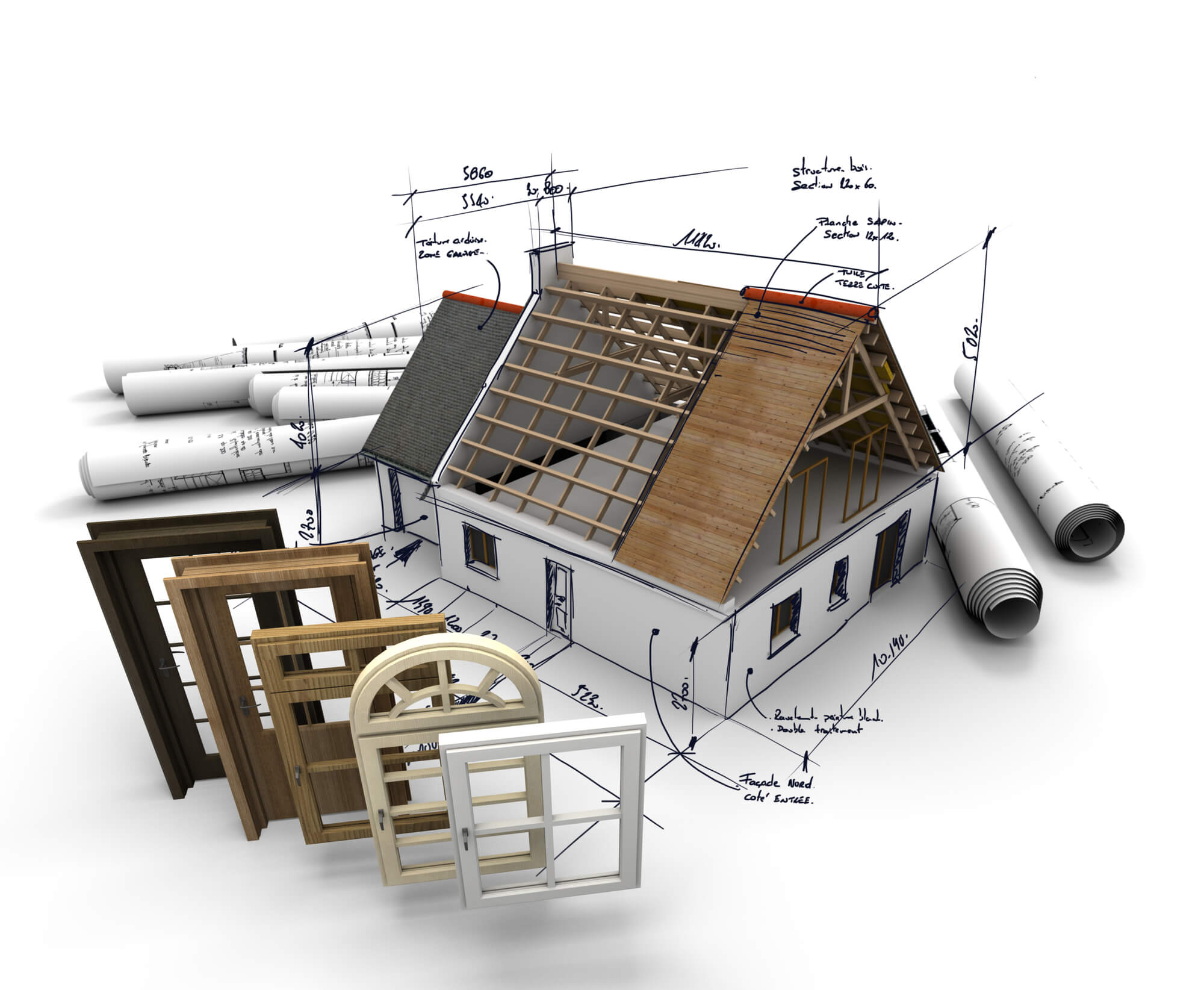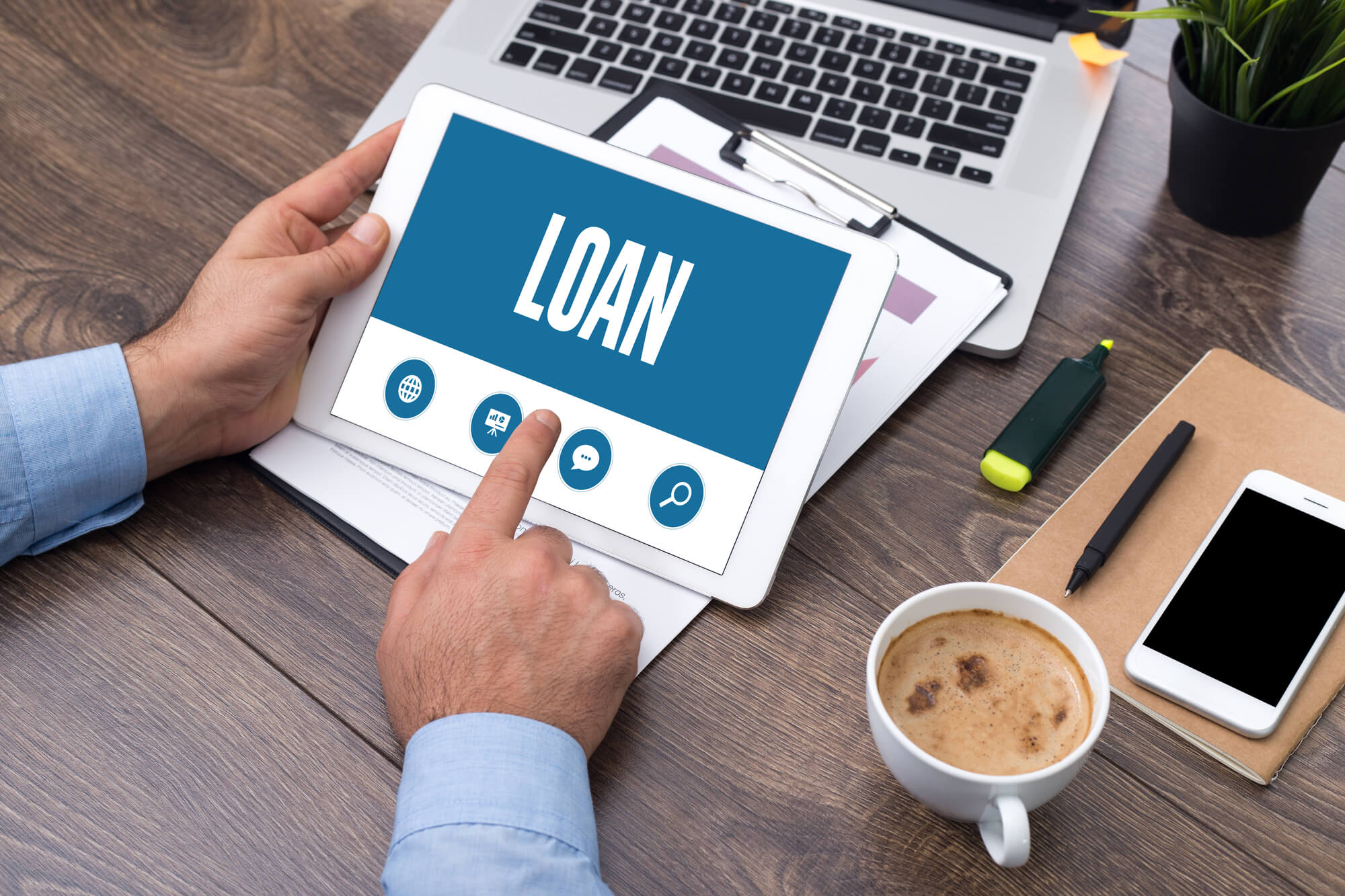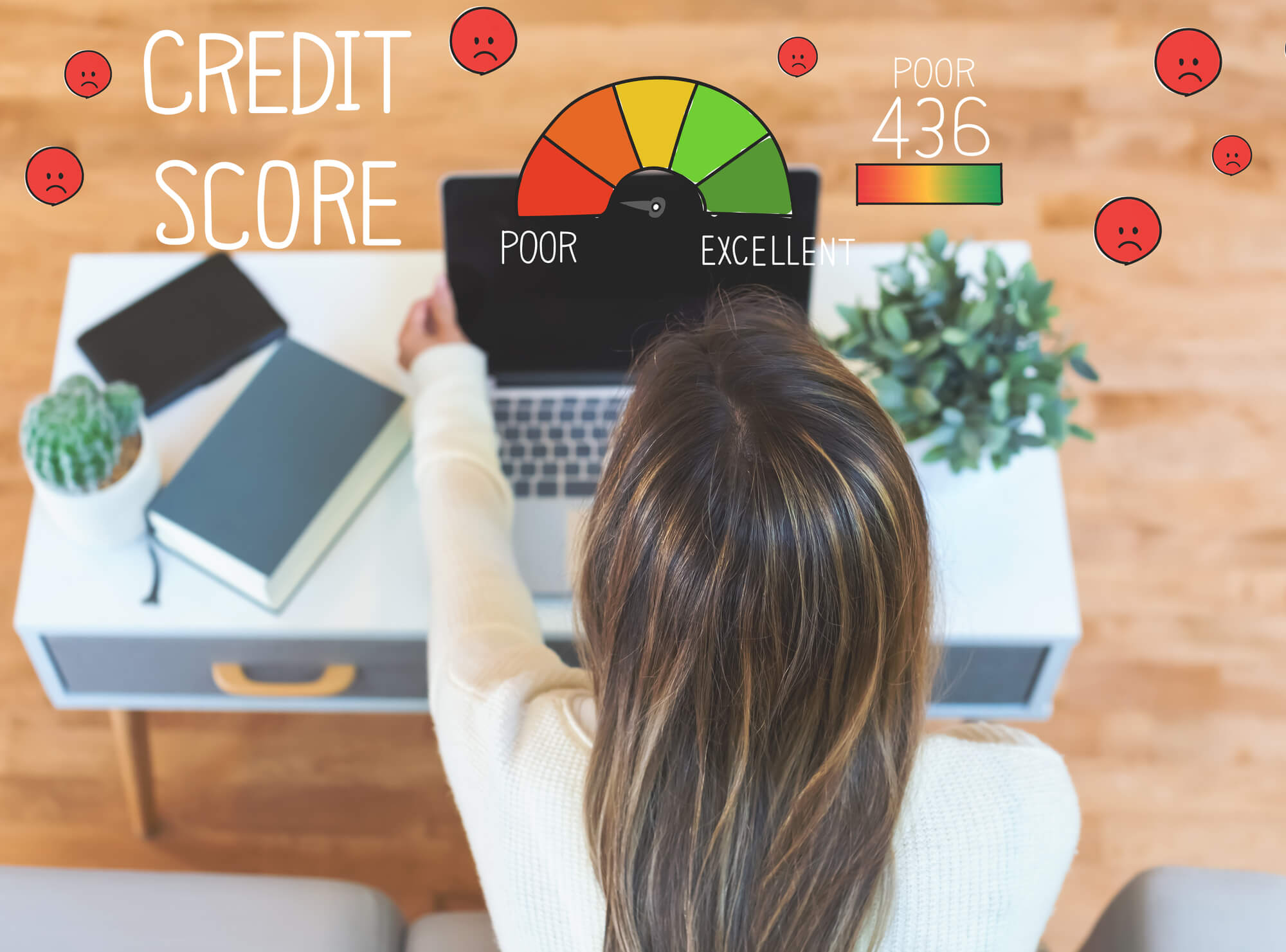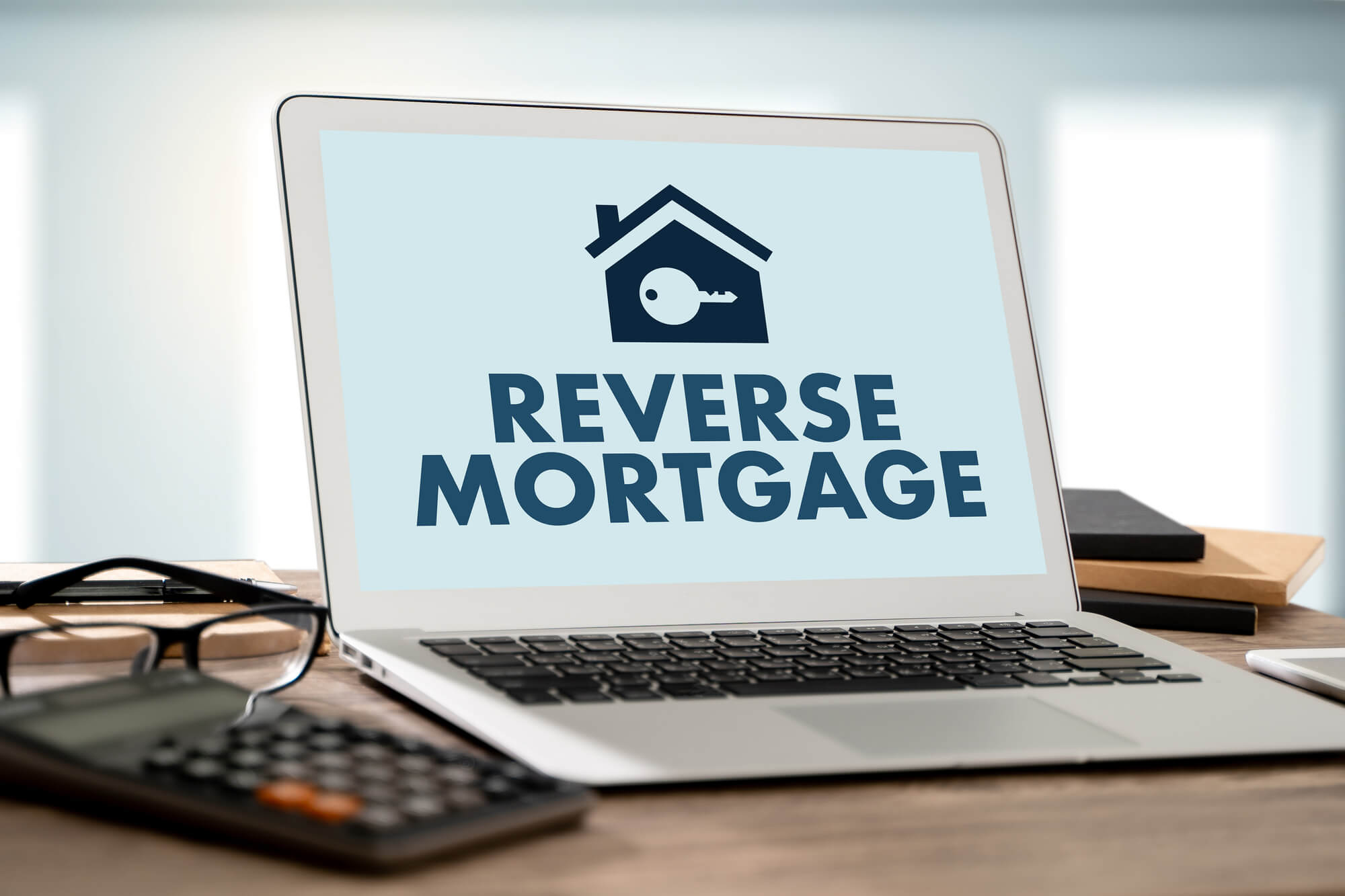It’s a challenging journey to buy a home when you have a limited budget or a lower credit score. However, it shouldn’t discourage you from purchasing your comfortable home because an FHA (Federal Housing Association) loan may be an option for you to consider. FHA loans are designed to specifically aid people with small down payments and low credit scores to be eligible for a mortgage. Wondering how to apply for an FHA loan? Keep on reading and find out 6 tips that you may need when applying for an FHA loan.
Look into your Credit Score
To determine your eligibility for an FHA loan, you need to check your credit score. Generally, the minimum credit score requirement is 580, but some lenders may need a much higher score. To get started, look into your credit score and improve it if needed before you apply for an FHA loan.
Save for a Down Payment
Although FHA loans only require you to have a lower down payment, you still need to save up for one. Try to obtain at least 3.5% of your target home’s purchase price to meet the minimum requirement of the FHA loan.
Gather Copies of your Recent Financial Documents
Financial documents like bank statements, pay stubs, and tax returns may help prove your income, assets, and employment history. You need to present these documents to the lender for them to assess your financial situation. Ensure that you have all the required documents before starting your application to increase your chances of getting approval.
Scout for Multiple Lenders
Be on the lookout for multiple lenders such as banks, credit unions, and mortgage companies. FHA loans are available almost everywhere and you have to compare rates and terms to get the best loan that fits your needs and goals.
Get Pre-Approved
Getting pre-approved helps you calculate how much money you can borrow. It’s also to aid you in getting an idea of how your monthly payments will be. With this, you can narrow down your home search and make your home-buying journey smooth.
Hire a Real Estate Agent
If you are new to the home-buying process, it’s best to work with a real estate agent that can help you look through your needs and goals. A knowledgeable real estate agent should guide you with advice on how to apply for an FHA loan. However, ensure that you look for an agent who has a background with FHA loans that can help you search for a home that meets your limited budget.
Conclusion
Getting an FHA loan is recommended for people who want to purchase a home but have a low credit score and a limited budget. Following the tips above may increase your chances of getting approval for an FHA loan. Ensure you do enough research and find the best option that fits your needs and goals. Furthermore, be prepared before applying and becoming a new homeowner soon. Need more guidance on applying for an FHA loan? Contact us at Mann Mortgage now!


